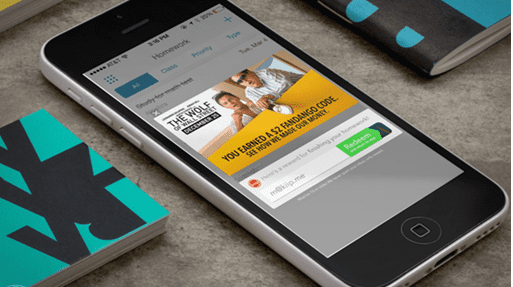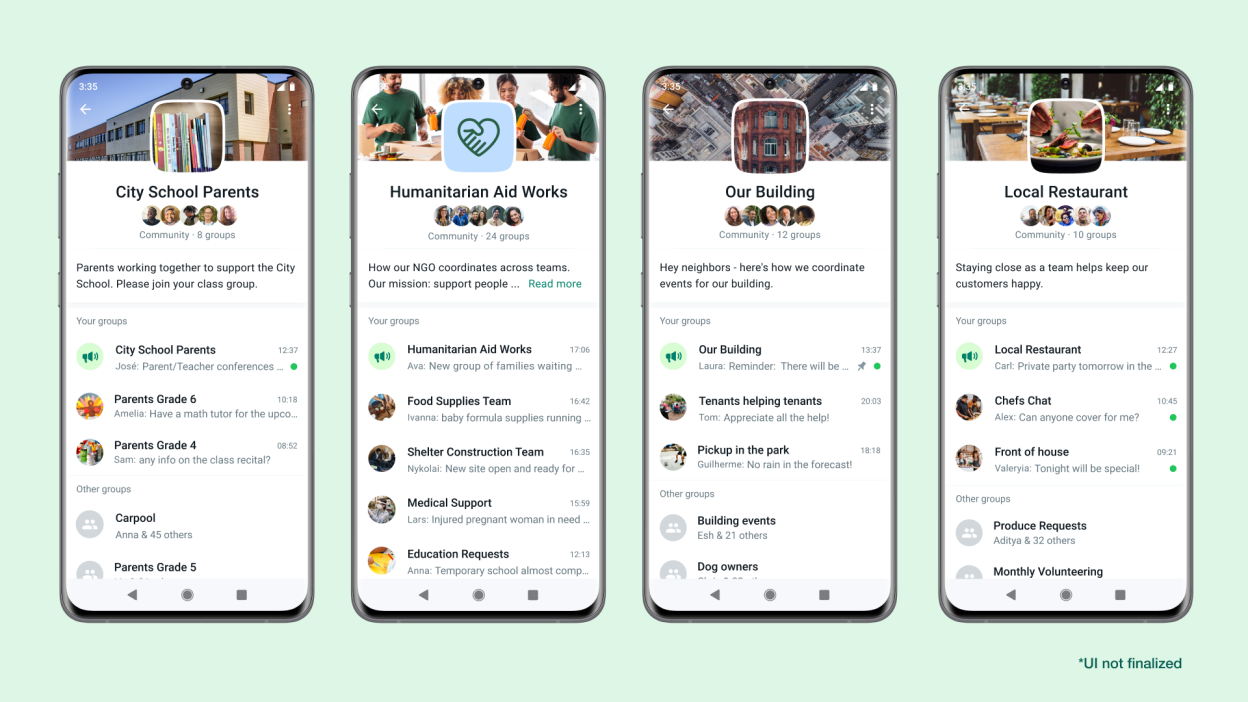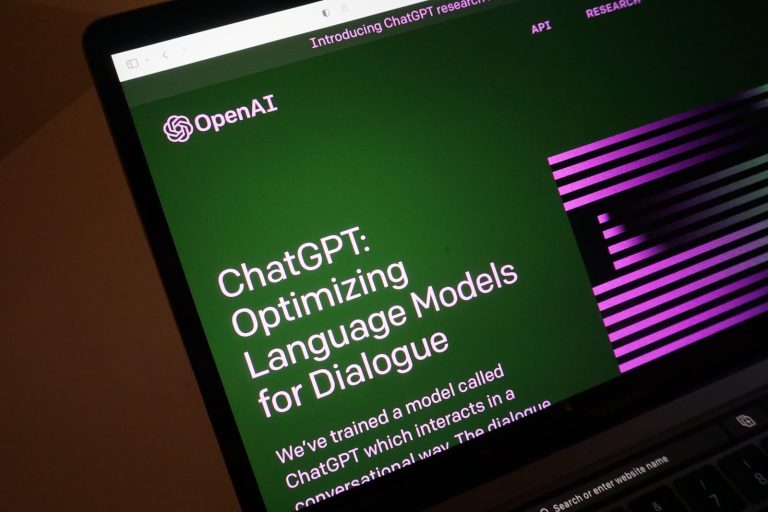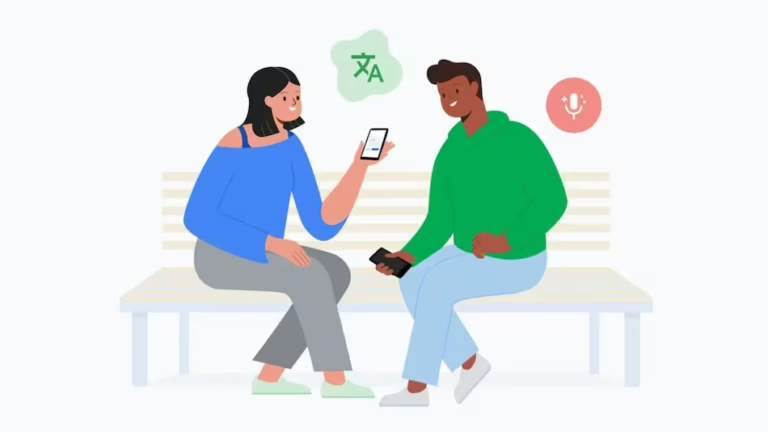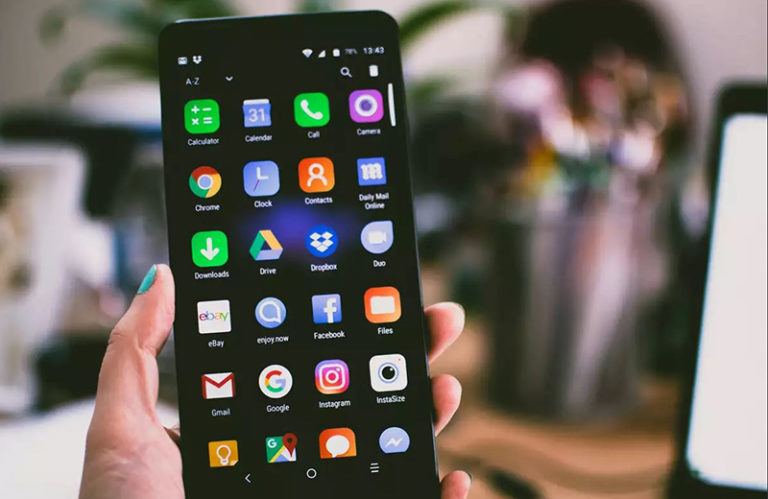Elon Musk Supports Twitter’s Paid Model Despite the Elimination of Free Confirmed Blue Ticks.
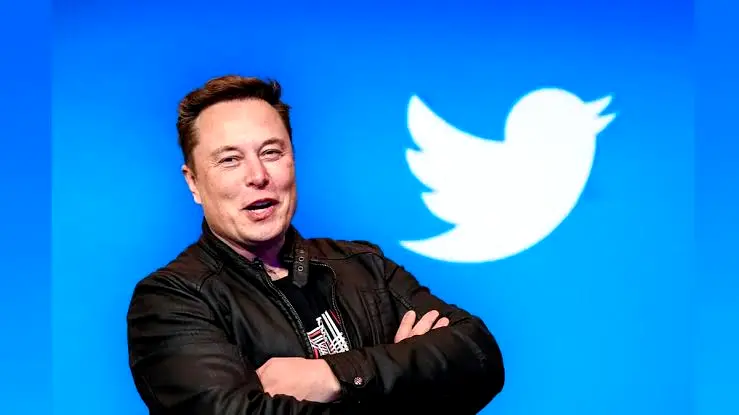
Elon Musk defended his contentious wage structure for Twitter on Friday, asserting that any social media site that didn’t adopt it would perish due to a bot invasion.
On the eve of Twitter’s April 1 ultimatum that verified accounts with the prized blue tick that had not paid up would lose it, Musk made his forecast.
During a Twitter Q&A, Musk stated, “The core difficulty here is that it’s (simple) to really establish 10,000 or 100,000 false Twitter accounts using just one computer at home and with modern AI (artificial intelligence).”
That is the rationale for Musk’s intense push for verified, which calls for a credit card and a phone number from a recognized carrier.
Any so-called social media network that doesn’t follow this advice, in Musk’s opinion, will fail.
Companies, journalists, and celebrities who relied on the blue tick for credibility and used Twitter as their primary communication route are under pressure as a result of the system change.
Also, it boosts the possibility of fraudsters and practical jokers paying for an officially verified but completely phony account.
The Twitter Blue membership plan is available in the US for $8 per month, $84 per year, or $11 per month if purchased through Apple’s app store.
Since the platform’s inception in 2009, the blue tick or checkmark has become a recognizable feature that has assisted in making it a reliable arena for newsmakers and activists.
The blue check, according to Musk and his supporters, was decided by fiat in a covert process and is a representation of an unfair class system.
One of Musk’s first moves after buying Twitter last year was to make the blue tick available to paid customers, but his revamp backfired.
Within hours, Twitter was inundated with phony but legitimate accounts pretending to be famous people, well-known brands, and even Elon Musk.
Musk quickly reversed course, but many advertisers left the platform, depriving Twitter of a significant source of revenue that the CEO is currently working to replace.
For the time being, blue checks of famous people, such as Justin Bieber with 113 million followers or player Cristiano Ronaldo with 108 million, are labeled as “legacy” profiles on the website.
“Will be terrible”
Authorities, nonprofit organizations, and mainstream media outlets are also involved in the verified account mystery.
According to Axios, the White House has already informed staff members that it will not pay to maintain the blue tick on their official Twitter profiles. The White House will maintain a special status as a government organization.
Under Musk’s new system, news media organizations, businesses, and charities have already lost their blue ticks and been labeled as verified business accounts.
They cost a whopping $1,000 per month in the United States and $50 for each new associated account, according to Twitter’s website.
Human Rights Watch’s European Media Director Andrew Stroehlein said his organization will not pay for the privilege, calling it “terrible for people who can’t afford the increased fees.”
He said in a blog post, “It will harm the effectiveness of local campaigners, notably human rights advocates, who have long used Twitter for grassroots organizing.”
According to The New York Times, it will not pay for a verified business account and will only pay for a blue tick for journalists when it is absolutely necessary for their work.
Facebook, a competitor of Twitter, is also experimenting with the “pay to play” verification approach in Australia and New Zealand, which has attracted a lot of negative attention.
Much depends on Musk’s ability to develop a Twitter business plan.
Less than half of the $44 billion Musk paid for the social media platform just five months ago, Musk estimated the current value of Twitter last week at $20 billion.


